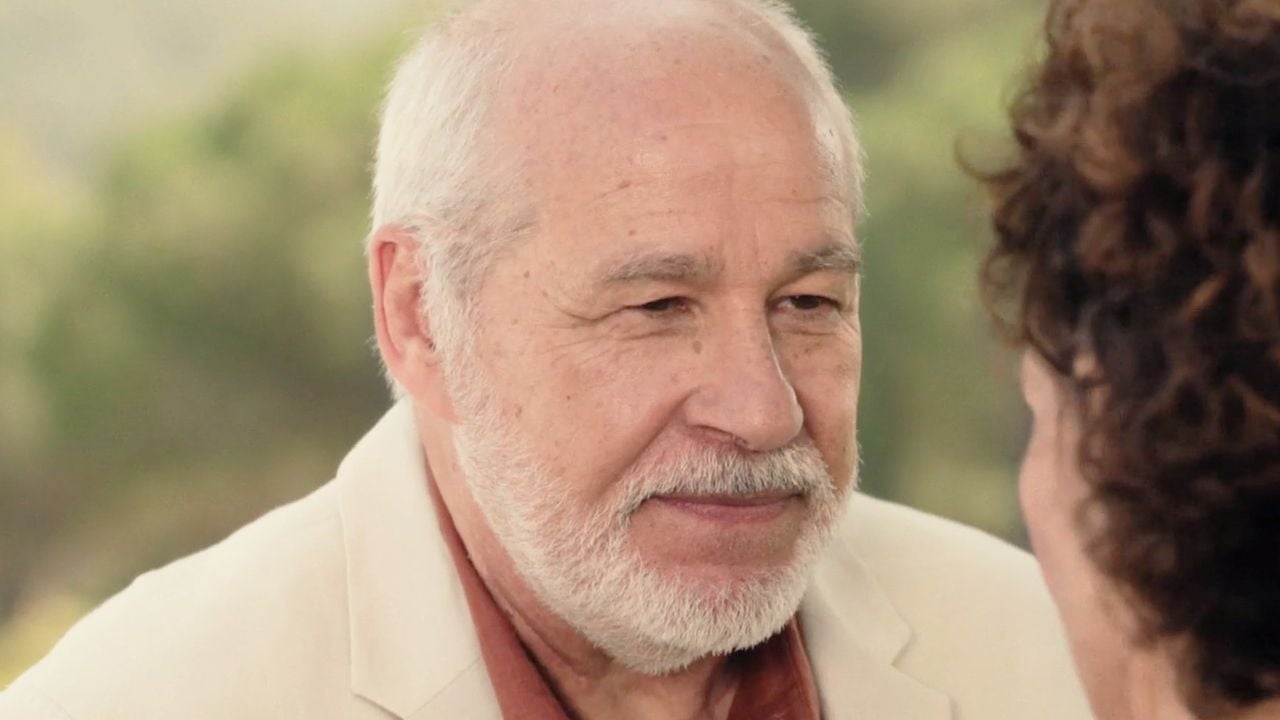The actor was initially diagnosed with aphasia and, this year, received confirmation for frontotemporal dementia. Know what the condition is
Recently, the family of Bruce Willis, 67, announced that the actor has been diagnosed with frontotemporal dementia. As of March 2022, he had retired from acting due to a speech disorder called aphasia. This dysfunction makes it difficult for the patient to communicate properly.
html[data-range=”xlarge”] figure image img.img-68ab1ff65093b004c813e6bca18069006hnq2vj3 { width: 774px; height: 463px; }HTML[data-range=”large”] figure image img.img-68ab1ff65093b004c813e6bca18069006hnq2vj3 { width: 548px; height: 328px; }HTML[data-range=”small”] image figure img.img-68ab1ff65093b004c813e6bca18069006hnq2vj3, html[data-range=”medium”] figure image img.img-68ab1ff65093b004c813e6bca18069006hnq2vj3 { width: 564px; height: 337px; }
“Since we announced Bruce’s aphasia diagnosis in the spring of 2022, his condition has progressed,” the Willis family said in a statement. “Unfortunately, the communication difficulties are just one symptom of the illness Bruce is dealing with. While this is painful, it is a relief to finally have a clear diagnosis,” the statement added.
frontotemporal dementia
Frontotemporal dementia (FTD) is one of the most common types of dementia. FTD is a neurodegenerative disease that affects different aspects of the individual, such as personality, language, attention and memory. However, the impact on memory is less than Alzheimer’s.
“There is still no consensus on how the disease develops, but it can be linked to both genetic factors and lifestyle, alcoholism, smoking and physical inactivity. It occurs due to alterations that generate clusters of proteins within brain cells, which prevents them from functioning properly. Typically this buildup of protein occurs in areas such as the frontal and temporal lobes of the brain,” explains postdoctoral fellow and PhD in neuroscience, Dr. Fabiano de Abreu Agrela Rodrigues.
symptoms and diagnosis
Frontotemporal dementia typically affects people over the age of 65. It can also start with small, noticeable signs, such as subtle personality changes that get worse over time.
This causes the individual to become more uninhibited and develop an interest in topics he did not have before. He might, for example, have an increased interest in sex or develop compulsive behaviors. Additionally, the condition also causes aphasia, which explains Bruce Willis’ initial diagnosis.
Its diagnosis is made by looking for signs of the disease and ruling out other causes through medical evaluation and neurological examinations. But computed tomography and magnetic resonance imaging may also be an option, explains the neuroscientist.
Treatment of frontotemporal dementia
There is currently no cure for frontotemporal dementia or treatments to slow its progression. “However, there are techniques that can be used to better control symptoms, such as the use of certain medications, physical and speech therapy, communication stimulation, and participation in support groups, which help give the individual a better quality of life,” explains Dr. Fabian.
Source: Terra
Ben Stock is a lifestyle journalist and author at Gossipify. He writes about topics such as health, wellness, travel, food and home decor. He provides practical advice and inspiration to improve well-being, keeps readers up to date with latest lifestyle news and trends, known for his engaging writing style, in-depth analysis and unique perspectives.








